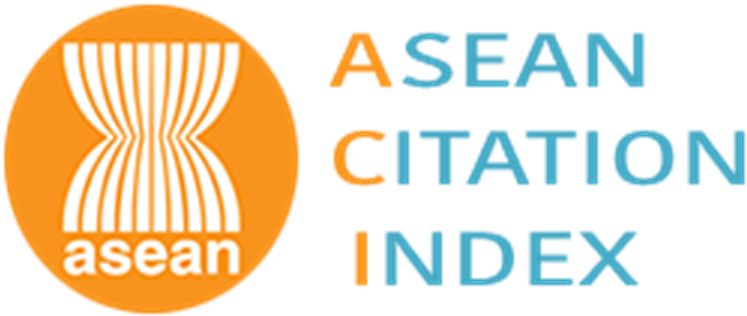การพัฒนารูปแบบการจัดการธุรกิจแบบองค์รวมในการให้บริการสุขภาพระบบสิทธิการรักษาพยาบาลจากรัฐของโรงพยาบาลในประเทศไทย
Development of Holistic Business Management Model for Public Health Welfare Services of Hospitals in Thailand
Abstract
การวิจัยนี้มีวัตถุประสงค์เพื่อ 1) ค้นหาองค์ประกอบที่สำคัญ 2) พัฒนารูปแบบ และ 3) จัดทำคู่มือการจัดการธุรกิจแบบองค์รวมในการให้บริการสุขภาพระบบสิทธิการรักษาพยาบาลจากรัฐของโรงพยาบาลในประเทศไทย ประชากรที่ใช้ในการศึกษา ได้แก่ ผู้บริหาร ผู้ให้บริการ และตัวแทนกลุ่มผู้มีส่วนได้ส่วนเสีย ดำเนินการวิจัยโดยใช้เทคนิคเดลฟาย การวิเคราะห์ข้อมูลด้วยวิธีวิเคราะห์เชิงเนื้อหา และสถิติ ได้แก่ ค่ามัธยฐาน ค่าฐานนิยม และค่าพิสัยระหว่างควอไทล์ ผลการวิจัยพบว่ามีองค์ประกอบที่สำคัญ ได้แก่ 1) เสถียรภาพด้านการเงิน (Financial Stability) 2) สัมพันธภาพกับผู้ป่วย (Relationship to Patients) 3) ความครอบคลุมของบริการทางการแพทย์ (Integration of Medical Services) 4) ความรอบรู้ทางสุขภาพ (Education on Health Literacy) 5) การเข้าถึงบริการ (Next-door Services) 6) คุณธรรม จริยธรรม ธรรมาภิบาลของแพทย์ผู้บริหาร (Discipline of Medical Personnel) 7) ระบบคุณภาพ มาตรฐานความปลอดภัย และความเท่าเทียมกันของการดูแลรักษา (Standard and Quality of Services) 8) การจัดการบุคลากรทางการแพทย์ที่ดี (Human Resource Management of Medical Personnel) 9) ระบบเทคโนโลยีสารสนเทศ (Information Technology System) และ 10) ความร่วมมือของทุกภาคส่วน (Participation of Stakeholders) พัฒนาเป็นรูปแบบเรียกว่า FRIENDSHIP Model ของการจัดการธุรกิจแบบองค์รวม รูปแบบ และคู่มือการจัดการธุรกิจแบบองค์รวมมิตรภาพได้รับความเห็นชอบจากผู้เชี่ยวชาญด้วยมติเป็นเอกฉันท์ด้านความเหมาะสมในการนำไปประยุกต์ใช้
The purposes of this research were to 1) investigate important factors 2) develop the model and 3) develop the manual of holistic business management for public health welfare services of hospitals in Thailand. The 23 participants were policy/management executives, service executives and representatives of patients who related to management of public health welfare services of hospitals in Thailand. This research conducted using Delphi research techniques. The research tools were in-depth interviews and questionnaires. Data analysis using content analysis and statistics including median, mode and interquartile range. The research found that the important factors in managing can be as follows: 1) Financial Stability (F), 2) Relationship to Patients (R), 3) Integration of Medical Services (I), 4) Education on Health Literacy (E), 5) Next-door Services (N), 6) Discipline of Medical Personnel (D), 7) Standard and Quality of Services (S), 8) Human Resource Management of Medical Personnel (H), 9) Information Technology System (I) and 10) Participation of Stakeholders (P). The model comprised of all 10 factors that were related, binding and integrated into a holistic which formulated a “FRIENDSHIP Model.” The FRIENDSHIP Model and FRIENDSHIP Model Manual were received unanimously approval from experts on the appropriateness of applying.
Keywords
DOI: 10.14416/j.kmutnb.2019.12.008
ISSN: 2985-2145





